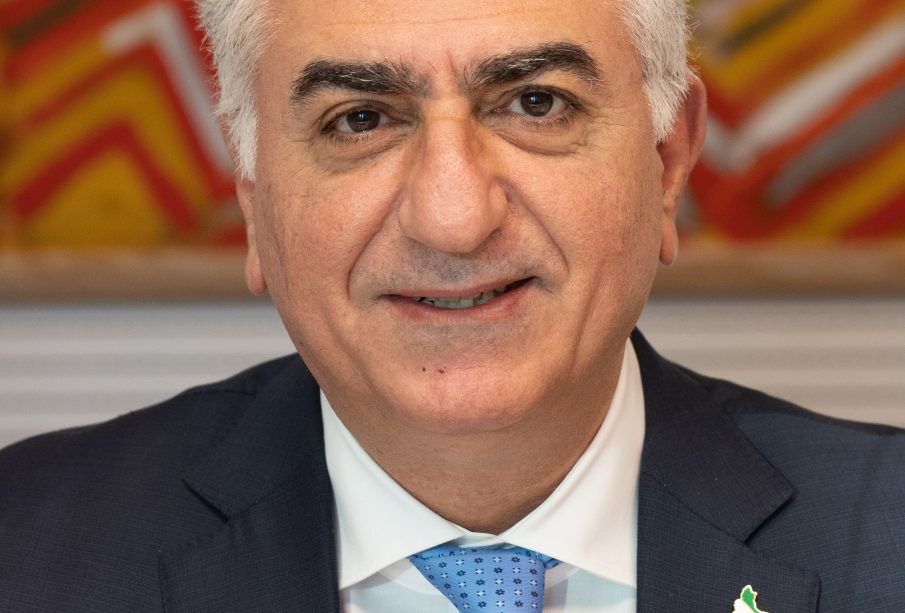The Role of Iranian Crown Prince Reza Pahlavi in Modern Iran

Introduction
The debate over the future of Iran is one marked by history, politics, and identity. At the forefront of this discourse is Reza Pahlavi, the son of the late Shah of Iran, who has become a symbol of monarchical restoration and democratic aspirations among many Iranian expatriates. As political unrest and demands for reform continue within the country, Pahlavi’s relevance cannot be overstated.
Current Context
Recent protests in Iran, sparked by socio-economic issues and heightened by a push for women’s rights, have galvanized public sentiment against the current regime. Pahlavi has actively voiced support for these movements, positioning himself as a unifying figure for those advocating for change. He has leveraged social media to communicate directly with the Iranian diaspora and encourage activism against the ruling government.
Pahlavi’s advocacy aligns with a broader sentiment among younger Iranians who may not have experienced the monarchy but are intrigued by its nostalgic allure. With calls for democracy growing stronger, he has proposed a secular, democratic Iran and has urged the international community to support the Iranian people’s quest for freedom.
Engagement with the Diaspora
Over the past year, Pahlavi has conducted numerous interviews and public appearances across North America and Europe, engaging with the Iranian diaspora. His messages resonate particularly with the older generations who lived through the Shah’s reign, as well as younger activists advocating for reform. This connection has sparked discussions around a potential future role for him in Iran, should the regime change.
Forecasting the Future
While the potential for significant change in Iran remains uncertain, Reza Pahlavi’s name continues to surface in conversations about the country’s direction. Some analysts predict that if the current regime falters, he could emerge as a leader, offering a stabilizing reference point amid chaos. Others argue that his association with the former monarchy may alienate those favoring a complete break from the past.
Conclusion
The prospects of Iran and the role of Reza Pahlavi are intertwined with the aspirations of its people for democracy and human rights. As the situation evolves, he may play a crucial part in shaping the discourse around Iran’s future. Understanding his influence and the historical context is vital for anyone following the country’s developments. Whether or not he becomes a central figure in a post-revolution Iran remains to be seen, but his voice will undoubtedly continue to resonate in the societal and political landscape.









